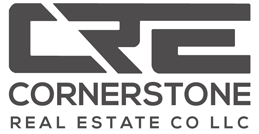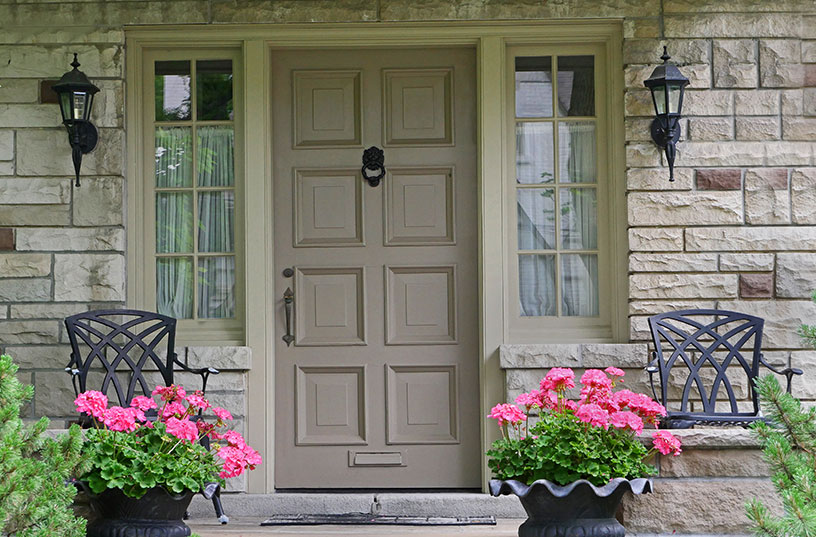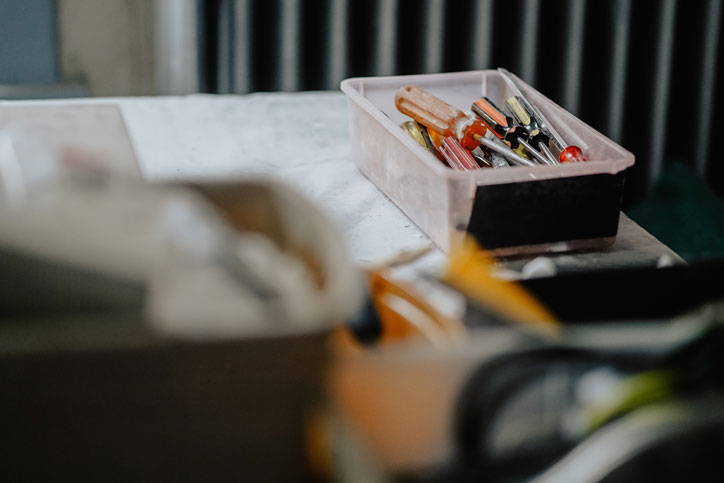Good news! Your house is under contract and it’s time for the buyer’s home inspection. In this post, we’ll cover:
- Why is a home inspection important?
- When does a home inspection take place?
- Who performs the home inspection?
- What does a home inspection involve?
- How can I prepare for the inspection?
- Will I need to fix anything?
Why is a home inspection important?
A home inspection is an important step in the process of selling your house. From the buyer’s perspective, it can uncover potentially life-threatening problems like exposed electrical wiring that could cause a fire or high levels of radon which can cause lung cancer. The inspection is also the buyer’s last opportunity to reveal any significant issues with the home. In best-case scenarios, the buyer gains knowledge about the house and maintaining it plus peace of mind from knowing the condition it’s in.
In many cases, the inspection is a contingency of the offer, meaning the buyer can back out of the deal within a certain timeframe based on serious problems found by the inspector. And some lenders expect an inspection to guarantee they’re making a good investment.
When does a home inspection take place?
There are two specific times a home inspection can take place. The first, and most common, is once a buyer has made an offer and you’ve accepted it. In this case, the buyer hires a home inspector and you make the home available for inspection at the agreed upon date. The second time is before you list the house for sale. In this case, you hire the home inspector to give your property the once over before you put it on the market.
A pre-inspection may cost you anywhere from $300 – $750 depending on the size of your house and the number of outbuildings such as a pole barn or shed. However, it’s worth it to consider making the investment because it can make you aware of any major issues that could cause a buyer to pull their offer and give you time to address them before marketing the home. Addressing them might mean fixing them or letting prospective buyers know that consideration for those items has already been factored into the sales price. Conducting a pre-listing inspection can also help you market your house and speed up the negotiation process.
If your inspection reveals any material defects, you are legally required to disclose them to buyers, even if you fix them. Whether or not you decide to have your house inspected prior to listing it, it doesn’t hurt to get a head start on any necessary repairs. Buyers love to see a well-maintained property!
Who performs the home inspection?
A licensed home inspector typically performs the inspection. This person is trained to conduct an objective visual examination of the physical structure and systems of a house, from the roof to the foundation. To find an inspector, start with your network. Ask friends, relatives or neighbors for a recommendation. Your Realtor will also be happy to refer you to inspectors they’ve worked with.
The US Department of Housing and Urban Development Federal Housing Administration (HUD) has prepared a helpful list of Ten Important Questions to Ask Your Home Inspector for sellers and buyers to use as a guide when hiring a home inspector.
What does a home inspection involve?
Each property is unique and inspectors vary in experience and thoroughness so the items checked during the home inspection aren’t always the same. Typically, most inspectors examine the home’s main structures and components and then prepare a report with their findings. Depending on the size of the property, an inspection lasts two to three hours.
These are some specific areas home inspectors evaluate:
- The grounds – Is the grade correct? Does it slope away from the house to prevent water from entering the house and causing damage?
- Exterior walls, foundation and basement – the inspector will look for structural issues such as cracks in the walls or damage to the foundation. Is there damaged or missing siding? Is there evidence of settling? Are there signs of water damage in the basement?
- Garage – Does the door open and close properly? Is it properly ventilated to prevent accidental carbon monoxide poisoning?
- Roof and attic – the inspector will look for signs of damage like loose, missing or improperly secured shingles. They will also inspect the gutters. Are they working properly to flow water away from the house? Is the attic free of leaks, structural damage or insulation issues?
- Doors and windows – Do all doors and windows open easily? Does each room have at least one window that can be accessed in case there’s a fire?
- Heating, Ventilation and Air Conditioning (HVAC) – the inspector will manually check the systems to verify everything is running properly and will estimate the age of the furnace and air conditioner. Are there any signs of leaks in the system?
- Plumbing system – the inspector will check all faucets, the pipes and the hot water heater. Are there any visible leaks? Is the water pressure adequate? Where is the home’s main water shutoff valve?
- Electrical system – the inspector will check the entire system including the electrical panel, circuit breakers, wiring and outlets to ensure everything is working properly and no fire hazards are present. Are there functional ground fault circuit interrupters installed in the kitchen, bathrooms and garage to protect against accidental electric shock or burns?
- Appliances – the inspector will check the kitchen and laundry room appliances to confirm they’re in good working order. Is the laundry room properly vented? Is the dryer exhaust system clean and well maintained to prevent a fire hazard?
And the inspector’s report will note one of the following for each component examined:
- Whether a problem is a safety issue, major defect or minor defect
- Which items need to be replaced, which are nearing the end of their useful life and which should be repaired or serviced
- Items that are good for now but that should be monitored
It’s important to note at this point that a home inspection cannot identify everything that may be wrong with a house because the inspector must rely only on visual cues to problems. For example, they don’t cut open walls to confirm a leak or look behind electrical panels to confirm faulty wiring.
Home inspectors also don’t specifically check for things like mold, asbestos or engineering issues. And any testing that requires specific equipment will be done separately. For instance, in our local area of Imlay City, Almont, Attica and Dryden, wells and septic systems are common. So, for an additional fee, most inspectors are willing to complete a septic inspection and perform a water quality test.
How can I prepare for the inspection?
Now that you know the importance of a home inspection and what’s involved, here’s the big question . . . How can I prepare for it? Your goal is for the inspection to go well so the sale of your house can proceed as planned. Here are our top tips to help you achieve that goal:
#1 Know what home inspectors are looking for – with the inspection checklist above, look at each component in your house to see how it stacks up. Make any necessary repairs prior to the inspection.
#2 Assemble your paperwork – do you have maintenance records, invoices for repairs or documentation for any renovations? If so, create a file containing this paperwork and share it with the buyer.
#3 Remove any obstacles – ensure the inspector can access electrical panels, attic space and the basement. If possible, remove pets from the home for their comfort and safety.
#4 Deep clean the whole house – a clean house creates a positive impression plus the inspector must be able to access all areas of the house to perform the inspection. See #3
#5 Fix minor issues before the inspection – the details count! Make sure all faucets work properly, confirm all light bulbs light, verify smoke detectors are in working order and correct any minor cosmetic issues such as a scratch on the wall or loose cabinet hardware.
Will I need to fix anything?
Legally, you don’t have to fix anything after a home inspection. And a home inspection report is not a to-do list of items you must address. However, there are two things you’ll want to keep in mind. The first is no home is flawless. Even newly constructed houses have minor flaws. So don’t be surprised or offended if a buyer makes repair requests. Many home repairs, including normal wear and tear and minor cosmetic issues, are negotiable and will not prevent a deal from closing.
The second is there are some types of repairs that you, as the seller, may be required to deal with. These are typically structural defects, safety issues and building code violations. Addressing these types of repairs can be costly and is outside the scope of this post but if you find yourself in this position, please contact us. We’d be happy to discuss your specific situation.
Conclusion
A home inspection can be nerve-wracking for a seller but it doesn’t have to be. Armed with these tips and a willingness to put in a little work, you can feel confident the physical structure and systems of your home will be in great shape for your inspection!










